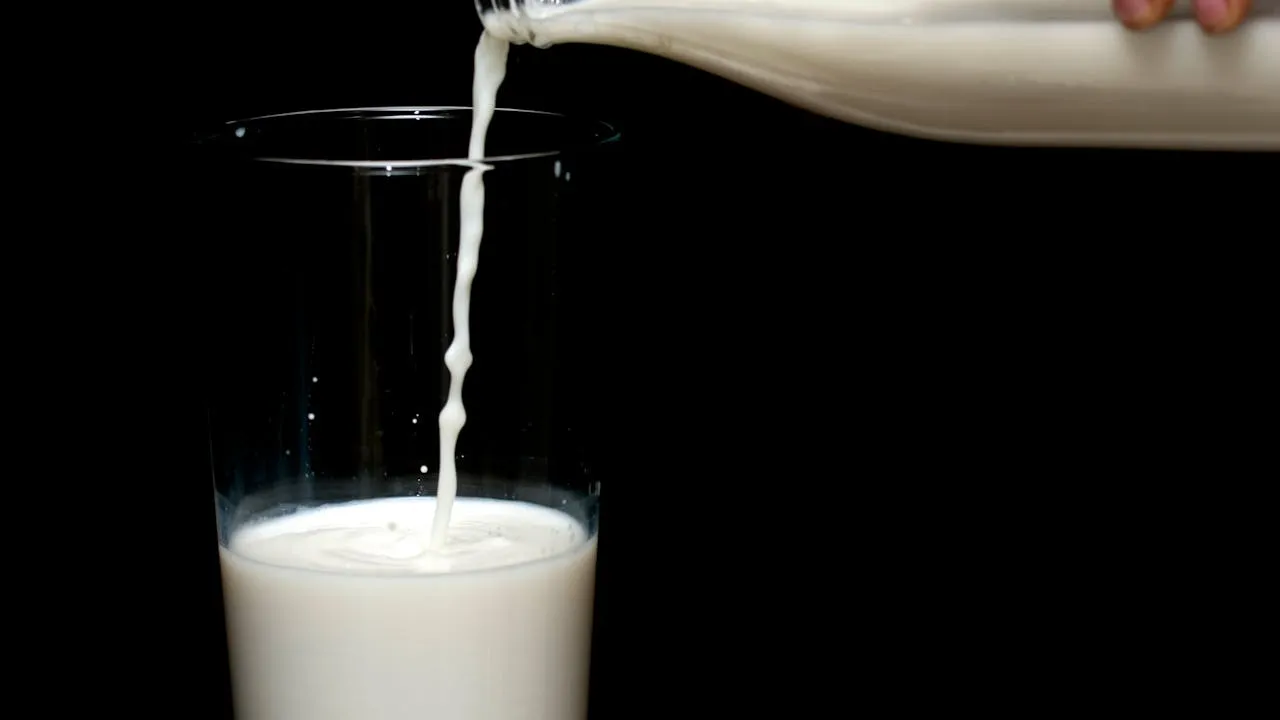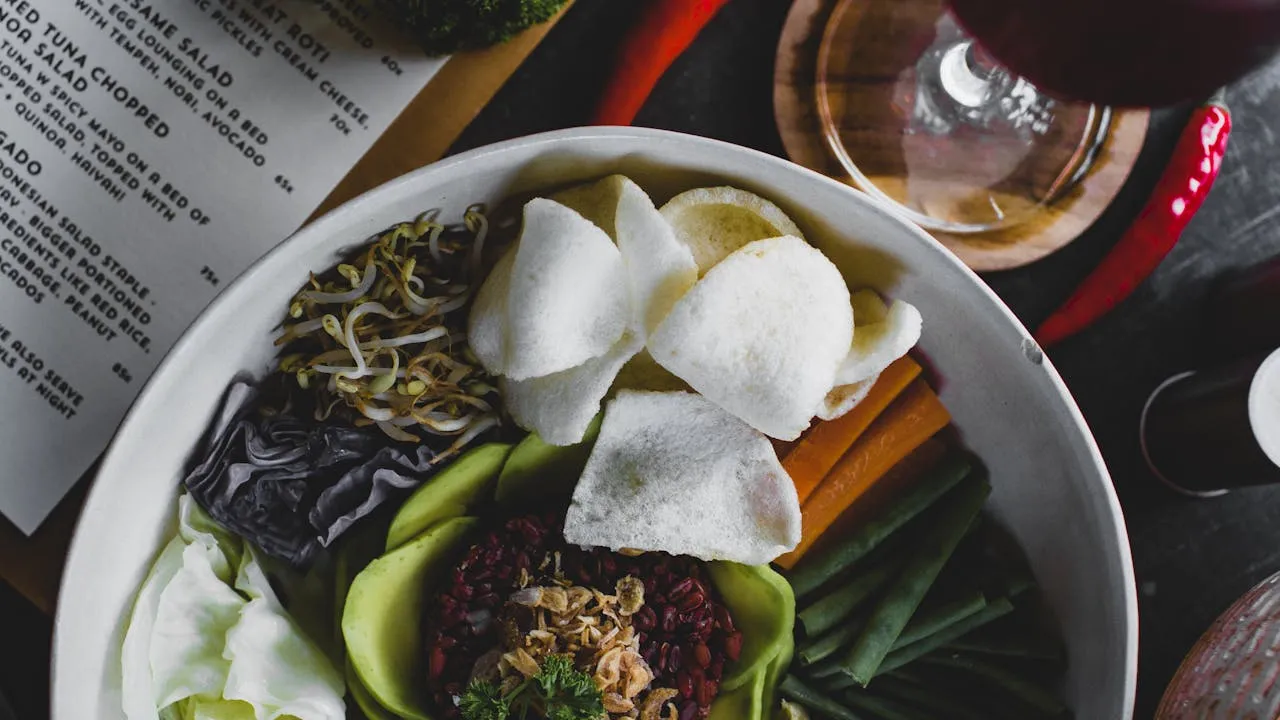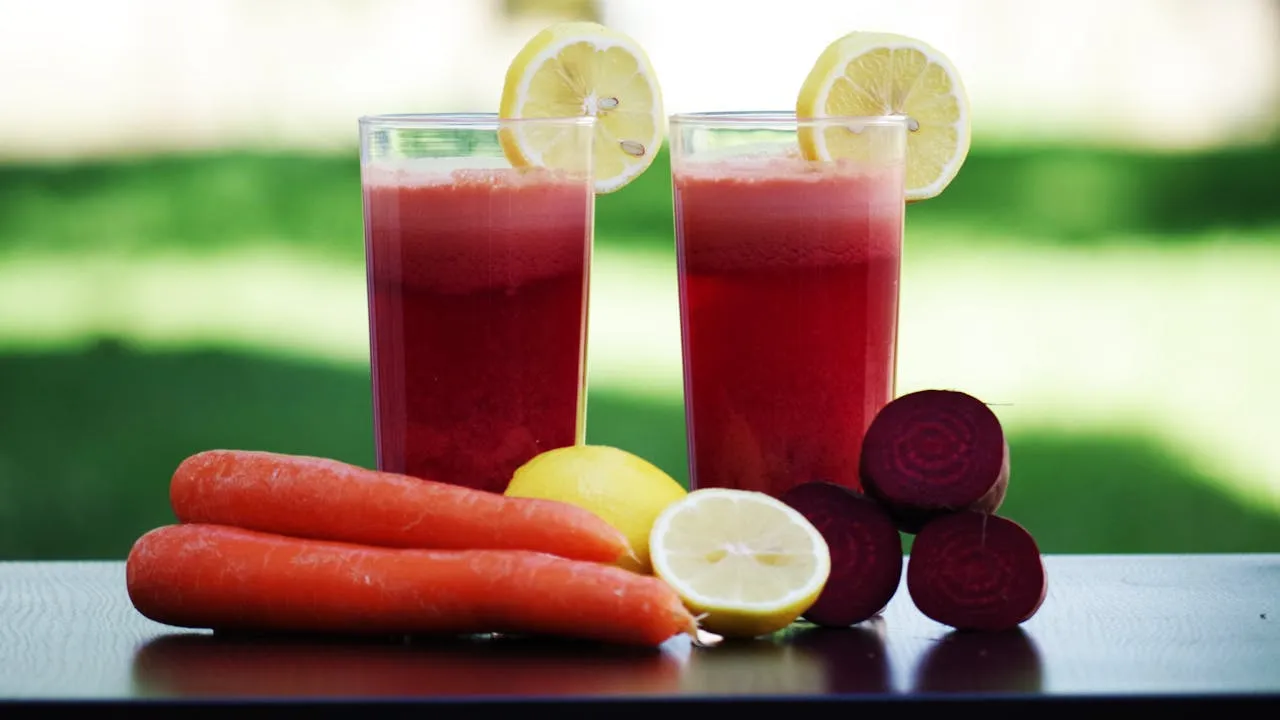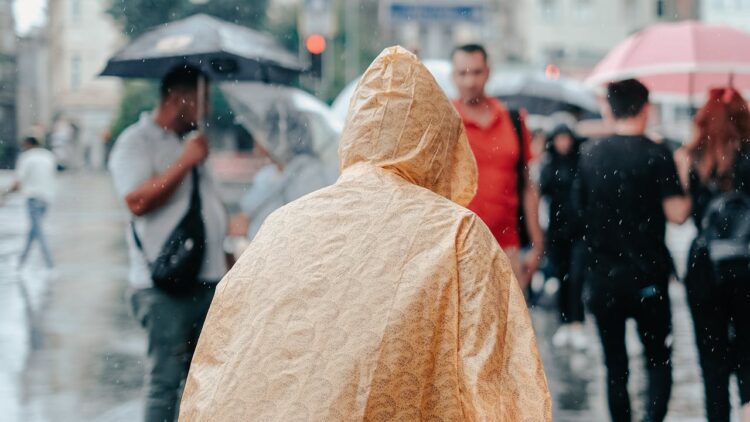Food to avoid during monsoon season is critical for maintaining great well-being. The monsoon provides a much-needed respite from the scorching summer heat but also brings many health issues, particularly food- and water-borne illnesses. The high mugginess and moist circumstances give an optimal climate for microorganisms, infections, and different microbes to flourish, expanding the risk of contamination. Focusing on what we consume during this period becomes fundamental. Rainstorm-related illnesses, for example, food contamination, loose bowels, diarrhoea, and cholera, are typical, frequently coming about because of the utilization of debased or inappropriately put away food.
Foods to Avoid During Monsoon Illness

Read Also: Snoring: A Warning Sign for Serious Health Issues
Certain food varieties are more vulnerable to defilement and decay during this season, and keeping away from them can fundamentally decrease well-being chances. Understanding which food to avoid during monsoon can assist with preventing these medical problems and guarantee a protected and pleasant season. This article will examine the food to avoid during monsoon season. From street food and raw salads of mixed greens to specific kinds of fish and dairy items, we will cover a scope that should be drawn nearer with alert during the storm. By monitoring these food sources and making informed decisions, you can shield yourself, your friends, and your family from monsoon-related sicknesses.
Leaf Greens
Leaf Greens like spinach, lettuce, and cabbage are foods to avoid during the monsoon. The damp conditions encourage the growth of fungi, parasites, and bacteria, which may not completely disappear even after thorough washing. Eating these contaminated greens during this time of year is risky because they can cause gastrointestinal infections.

Seafood
In humid conditions, seafood, mainly fish and shellfish, quickly deteriorates, increasing the likelihood of bacterial contamination. The high dampness content during monsoon advances bacterial development, which can prompt extreme food contamination and other medical problems. To avoid these dangers, it is ideal to avoid eating fish this food to avoid during monsoon season.
Street Food
Street Food is often prepared and stored in unhygienic circumstances, making it vulnerable to pollution. The increased presence of flies and other bugs during the monsoon can worsen the risk of foodborne diseases. Eating street food can prompt stomach-related issues like food contamination, runs, and loose bowels.
Dairy Products
Dairy items like milk, cheddar, and yoghurt can be ruined food to avoid during monsoon because of the dampness. These products pose a more significant threat to bacterial growth, which can result in stomach infections and other food-borne diseases. Fresh dairy products must be stored and consumed in the right way.

Juices
Juices from road merchants are often prepared using tainted water and messy utensils. These unhygienic circumstances can prompt waterborne infections like cholera, hepatitis, and typhoid. Juices are safer food to avoid during monsoon season because they can pose serious health risks.
Sour Foods
Sour Food varieties like tamarind, chutneys, and pickles can intensify gastric issues during the storm. These foods have more acidity, which can cause stomach pain, heartburn, and indigestion, which are more common in humid weather. Restricting the admission of sharp food to avoid during monsoon season is ideal.

Mushrooms
Mushrooms are profoundly vulnerable to contagious contaminations and waste during the storm. The moist circumstances can prompt the development of destructive organisms on mushrooms, making them risky to eat. Eating debased mushrooms can bring about severe food contamination and other gastrointestinal issues.
Raw Salads
Raw mixed greens salads, including those produced using vegetables and natural products, can be tainted with microscopic organisms and parasites if not washed completely. The high moisture during the storm can demolish this pollution, making raw mixed greens salads a potential health hazard. Eating these servings of mixed greens can bring about stomach contamination and other gastrointestinal issues.

To avoid food during the monsoon, you must be mindful of the foods you consume. Food to avoid during monsoon incorporates mixed greens, fish, road food, raw salads of mixed greens, broiled food sources, dairy items, mushrooms, cut organic products, juices from road sellers, and acrid food sources. These things are especially vulnerable to pollution and decay because of the moist and damp states of the windy season. Devouring them can prompt different medical problems, for example, food contamination, gastrointestinal diseases, and stomach-related issues.
Avoiding these foods can help you enjoy a healthier and safer monsoon and significantly lower your risk of contracting food-borne illnesses. Choose freshly prepared and hygienically prepared meals and ensure that perishable items are correctly stored. Drinking clean, boiled, or filtered water is essential to staying hydrated. Focusing on sanitation during the storm will help protect your well-being and health all through this challenging season.
To get more of our exclusive content on Health Care and Lifestyle. Follow us on YouTube and Instagram.





